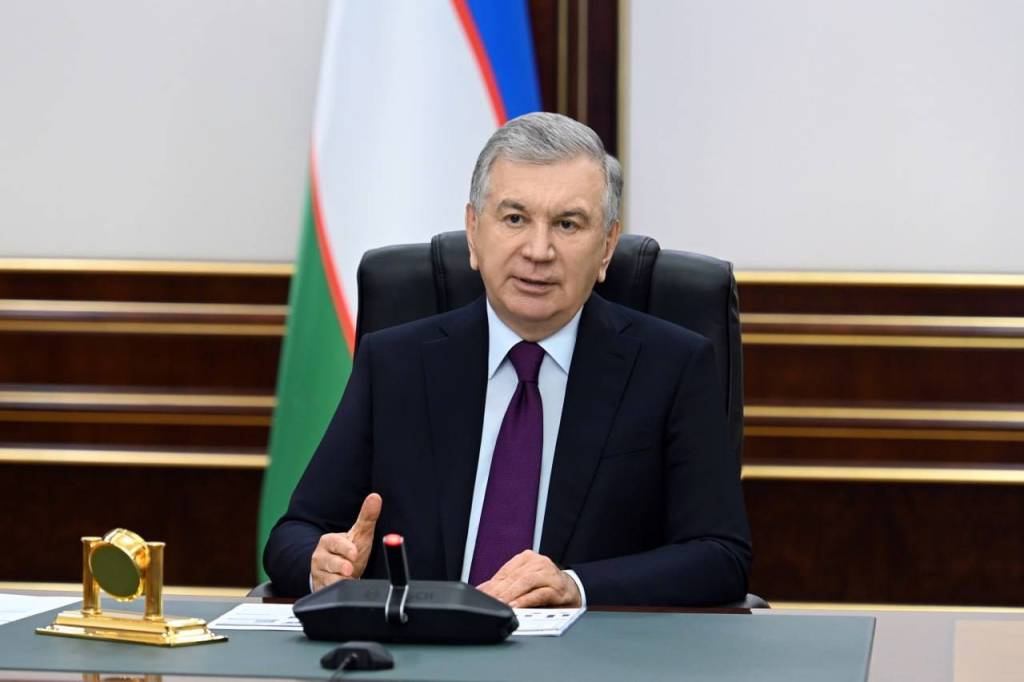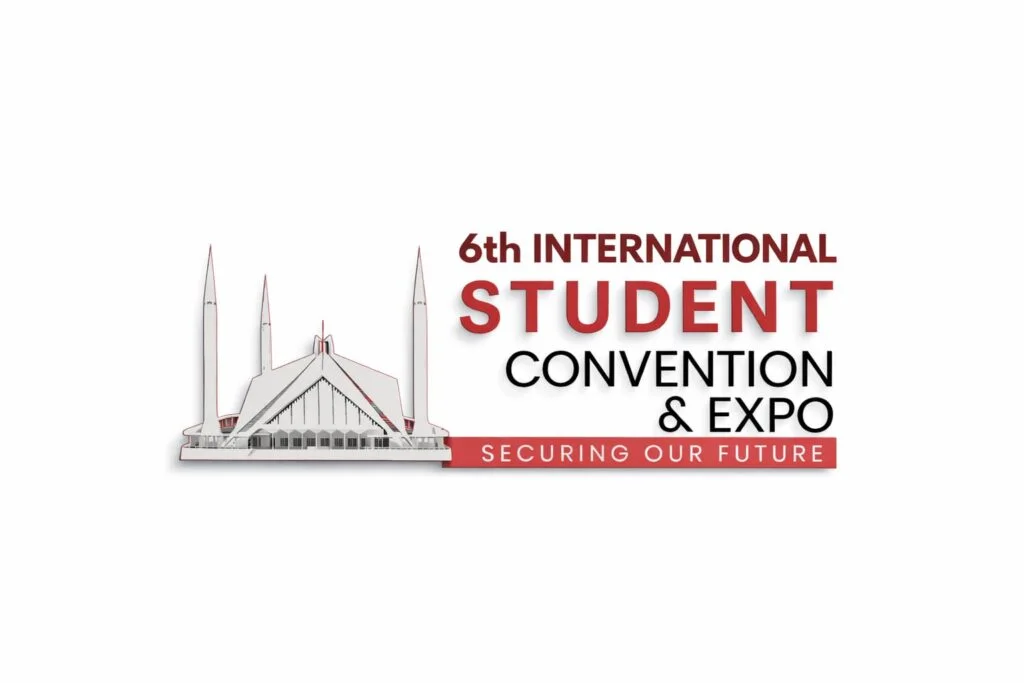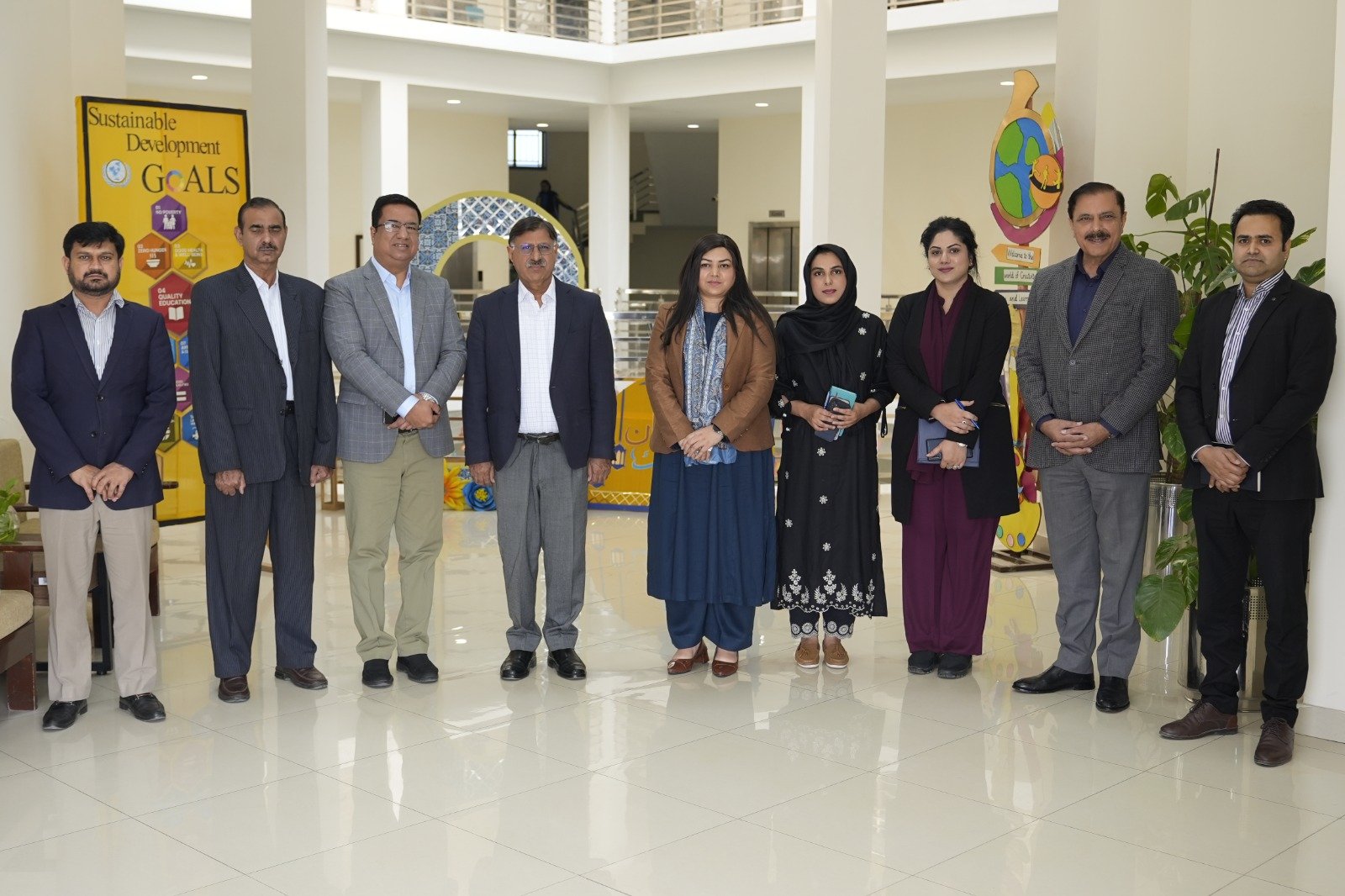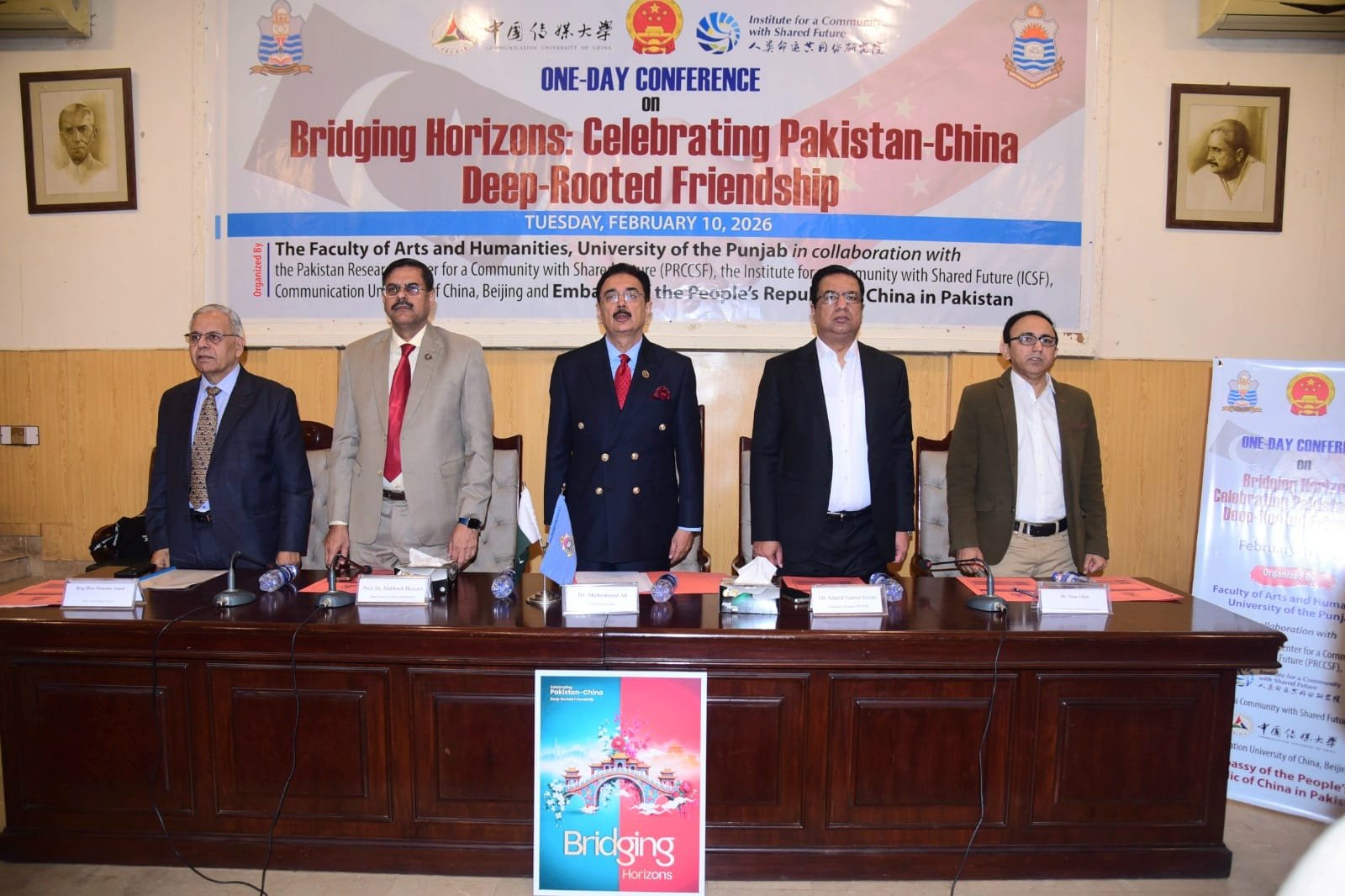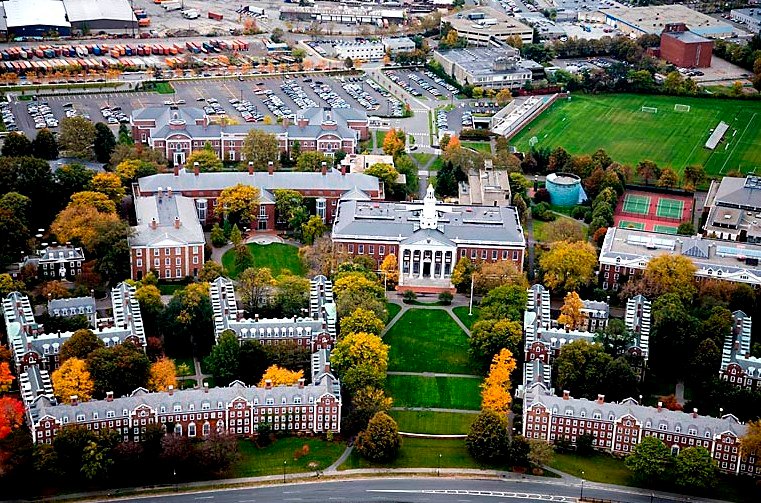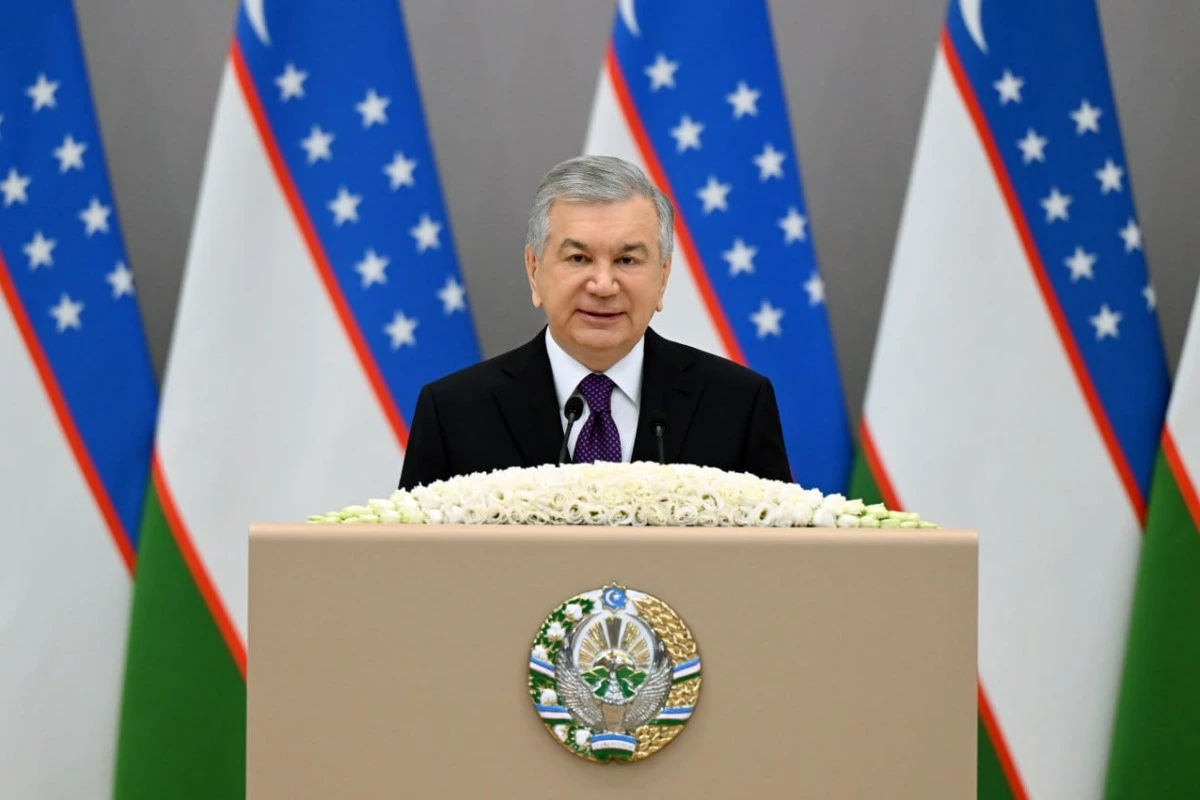Tashkent, January 23, 2025 – The Europe Today: On January 22, President Shavkat Mirziyoyev reviewed a comprehensive presentation outlining priority tasks in Uzbekistan’s higher education and science sectors, emphasizing their pivotal role in the country’s development.
Recent years have seen significant advancements, including the establishment of new universities and qualitative improvements in educational processes. In 2023, over 1,200 bachelor’s degree programs were optimized and aligned with international standards. Qualification requirements for graduates were updated, and modern disciplines, such as renewable energy sources, environmental engineering, and biosystems engineering, were introduced. By the next academic year, another 1,000 programs and textbooks are expected to be updated.
Plans for 2024
Key measures for 2024 include improving 2,000 educational programs using curricula from universities ranked in the global top 300 and securing international accreditation for 45 programs. Advanced training opportunities abroad will be provided for 5,000 educators, and the scientific potential in higher education is expected to increase to 55 percent. Additionally, the number of leading engineering schools will expand to 25, and the value of joint projects with industrial enterprises will grow tenfold.
A “test first, then choice” principle has been introduced for university admissions, with state grants now allocated based on student abilities. Registrar offices have been established in 40 financially autonomous universities, reducing faculty and administrative staff by 20 percent and digitizing 30 types of services. These systems will be expanded to other universities through a unified digital framework for educational and research services.
Strengthening Integration with Industry
Dual education programs have gained traction, with 15,000 students currently engaged with 957 enterprises. However, limited business interest in these collaborations prompted proposals to incentivize enterprises participating in such programs.
Following instructions from a video conference on June 20, 2024, technical universities and advanced engineering schools are being established in each region. Technical universities have already opened in Termez, Andijan, and Karshi, alongside eight engineering schools. Plans are underway to launch universities in Nukus, Bukhara, Fergana, and Namangan, focusing on international curricula, scientific activities, and industrial partnerships. By consolidating 35 institutions, the government aims to establish 22 technical universities, with 17 additional engineering schools set to open by year-end.
Addressing Research Alignment with Industry Needs
Although the scientific potential of universities has risen from 41 to 45 percent, research output remains misaligned with modern industrial and agricultural trends. For instance, while 25 percent of gross value added stems from industry and 22 percent from agriculture, only 14 percent of defended dissertations focus on industrial issues and 4 percent on agriculture.
President Mirziyoyev instructed officials to prioritize key economic sectors in doctoral quotas and improve the process of awarding academic degrees and titles. Efforts will also focus on elevating the professional development of educators.
Fostering Youth Development
The presentation highlighted initiatives to engage students in spiritual, enlightenment, sports, and intellectual activities. Programs such as “Five Initiatives,” “Sharing Enlightenment,” “Student Sports League,” and “Zakovat” (Intelligence) are being expanded to strengthen patriotism and foster well-rounded development among young people.
President Mirziyoyev emphasized that higher education and science remain crucial to achieving Uzbekistan’s long-term development goals and enhancing the nation’s global competitiveness.
